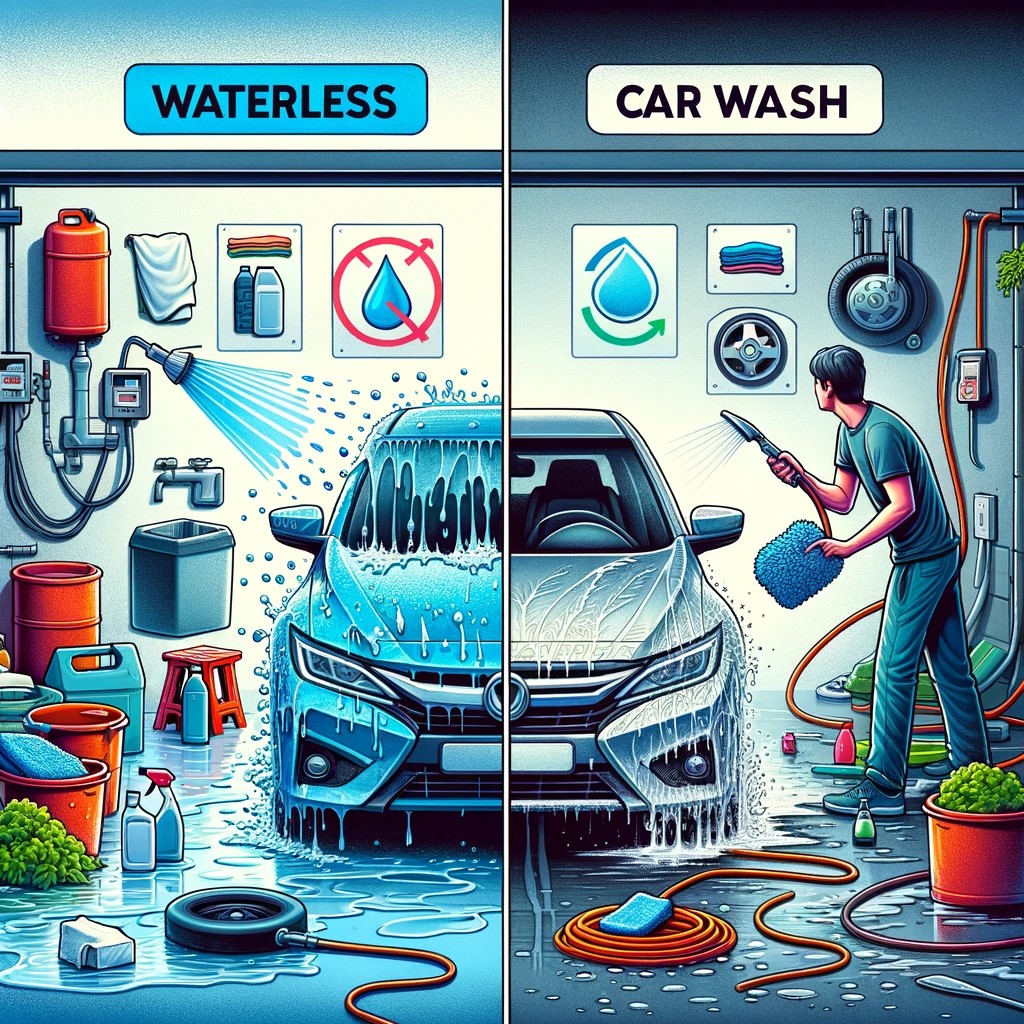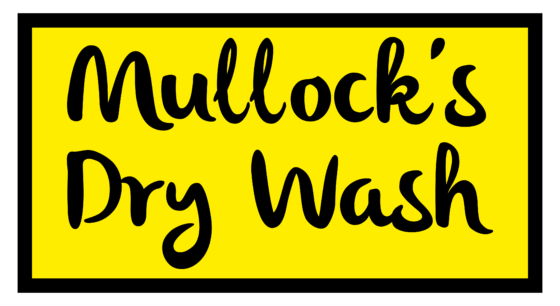
In the world of automotive care, the choice between a waterless car wash and a traditional car wash can make a significant difference not only in the level of convenience but also in environmental impact. This article compares these two popular car washing methods, exploring their benefits, drawbacks, and suitability for different types of users and environments.
What is a Waterless Car Wash?
A waterless car wash uses high-lubricity sprays to polish and wash the vehicle’s bodywork without the need for water. These products combine cleaning agents and protectants to lift dirt from the car surface and provide a protective coating.
Pros of Waterless Car Wash:
- Eco-Friendly: Waterless car washes save a significant amount of water, making them a more sustainable choice.
- Convenience: They allow for cleaning your vehicle anywhere at any time without the need for a water supply.
- Less Strain on Resources: Especially important in areas with water use restrictions or those prone to drought.
Cons of Waterless Car Wash:
- Not for Heavily Soiled Cars: They are less effective on vehicles with excessive mud or dirt.
- Cost: High-quality waterless wash products can be more expensive per wash compared to traditional methods.
What is a Traditional Car Wash?
Traditional car washes can be divided into hand washes and automated systems, both requiring significant amounts of water. They use water and a range of cleaning solutions to remove dirt through physical agitation and high-pressure sprays.
Pros of Traditional Car Wash:
- Thorough Cleaning: More effective for removing heavy soil and mud.
- Versatility: Offers various services like undercarriage cleaning and detailed interior cleaning.
- Accessibility: Readily available in most urban areas.
Cons of Traditional Car Wash:
- Water Usage: Consumes a lot of water, which is a concern in areas with water scarcity.
- Potential for Damage: Older or poorly maintained machines can cause minor damage to the vehicle.
Environmental Impact
The environmental impact is one of the most significant factors in choosing between waterless and traditional car washes. Traditional car washes typically use between 15 to 85 gallons of water per wash, contributing to water wastage. In contrast, waterless products provide a greener alternative by eliminating water use altogether, though the chemicals involved must be managed responsibly to avoid pollution.
Cost-Effectiveness
When it comes to cost, traditional car washes might seem cheaper on the surface. However, frequent users might find that the costs add up, especially when opting for additional services. Waterless car wash products, while potentially more expensive per bottle, may offer savings through less frequent need for professional wash services and reduced water bills.
Best Use Cases
Waterless car washes are ideal for areas with water restrictions and for car owners who wish to maintain their vehicle’s cleanliness with minimal environmental impact. They are also suitable for light cleans between more thorough monthly or quarterly traditional washes.
Traditional car washes are better suited for cars that endure heavy use, such as off-roading or harsh weather conditions, which can leave a lot of dirt and debris. They are also more practical for those who prefer a full-service experience including interior cleaning.
Conclusion
Choosing between a waterless car wash and a traditional car wash often depends on personal preference, environmental considerations, and specific cleaning needs. While waterless car washes offer a quick, eco-friendly alternative, traditional car washes provide a deep, thorough cleaning. By understanding the strengths and limitations of each, car owners can make informed decisions that align with their values and needs.
Incorporating both methods in a maintenance routine could be the most effective approach, ensuring the car not only stays clean but also receives care that extends its life and beauty.
